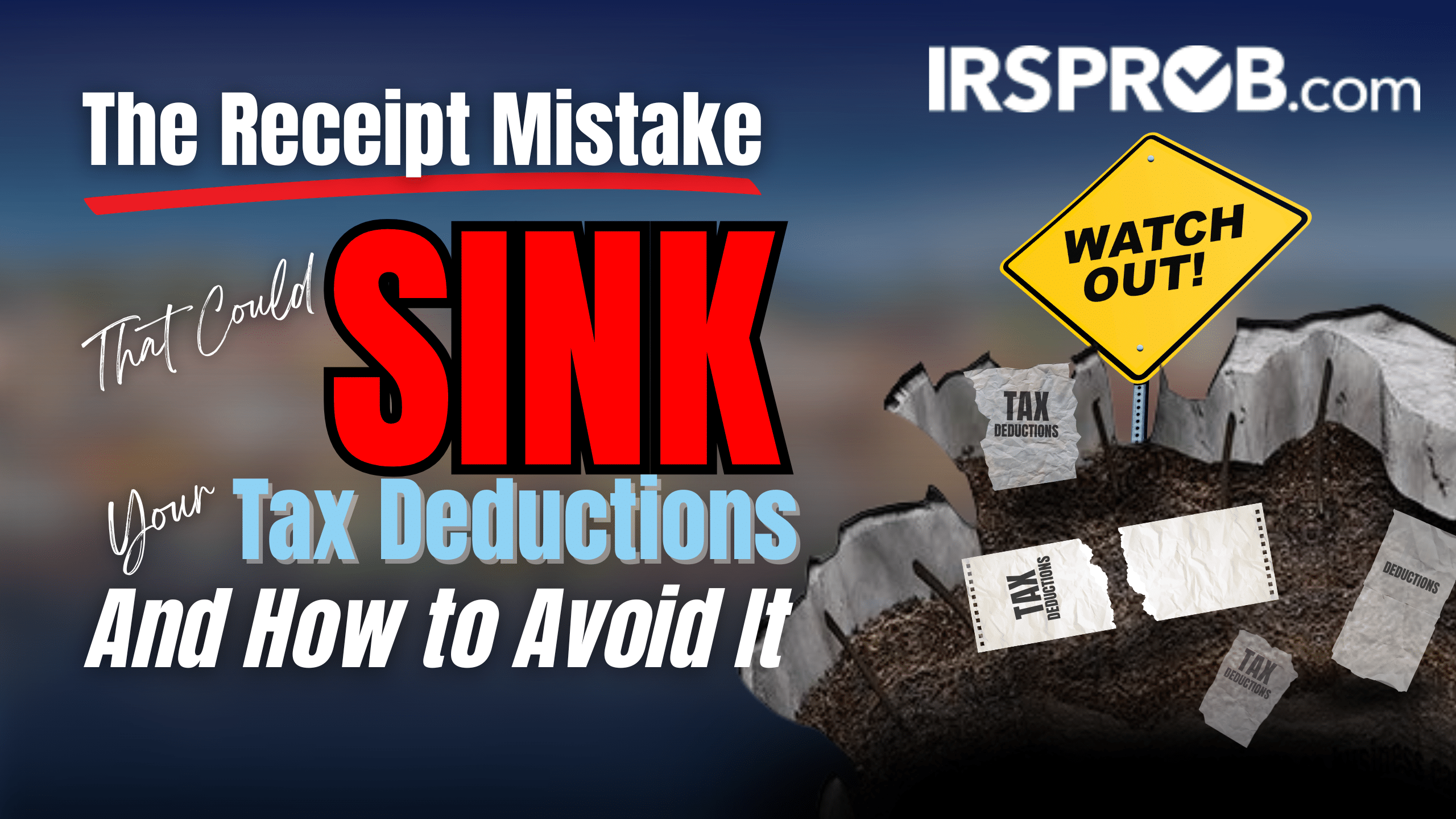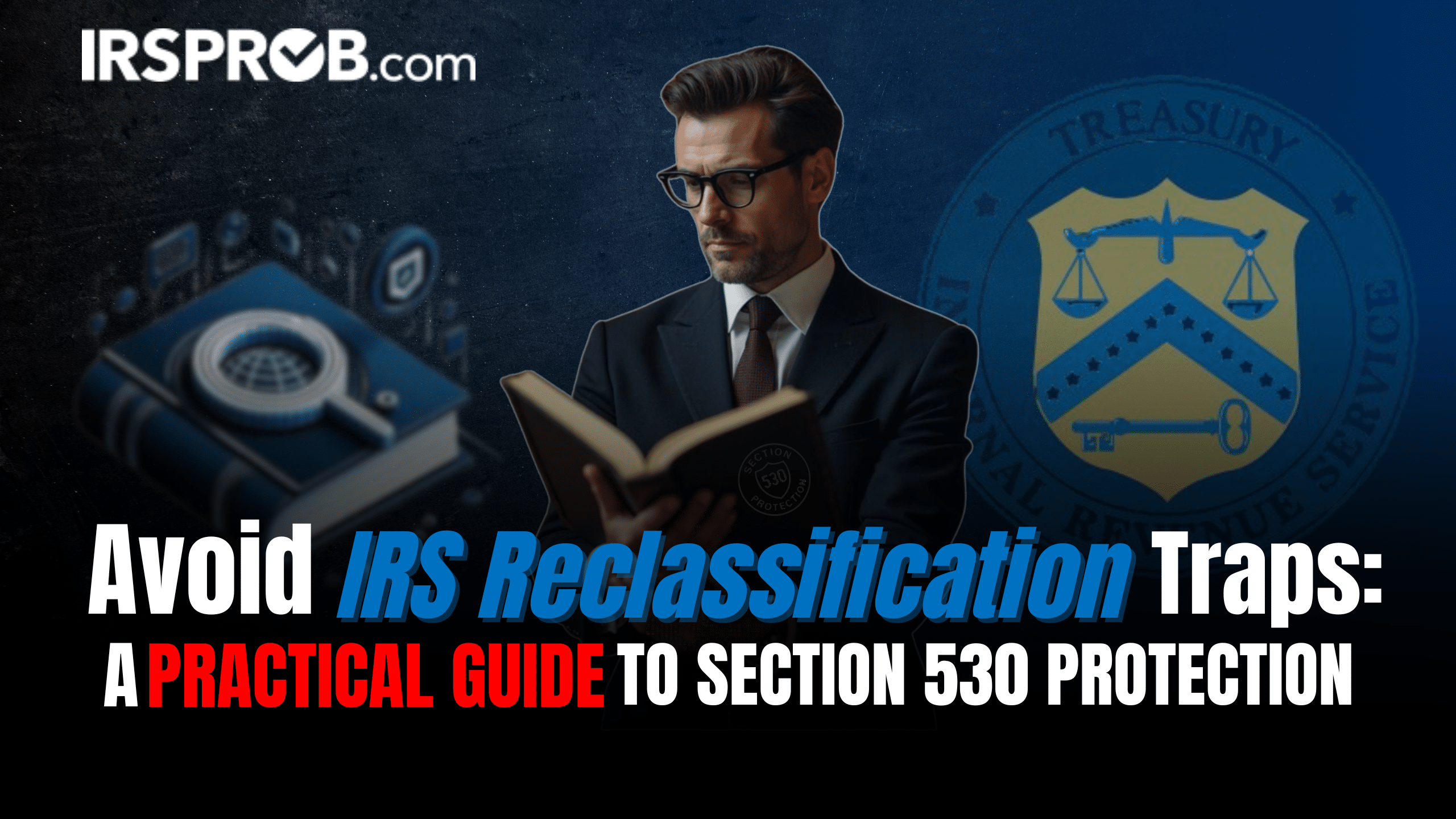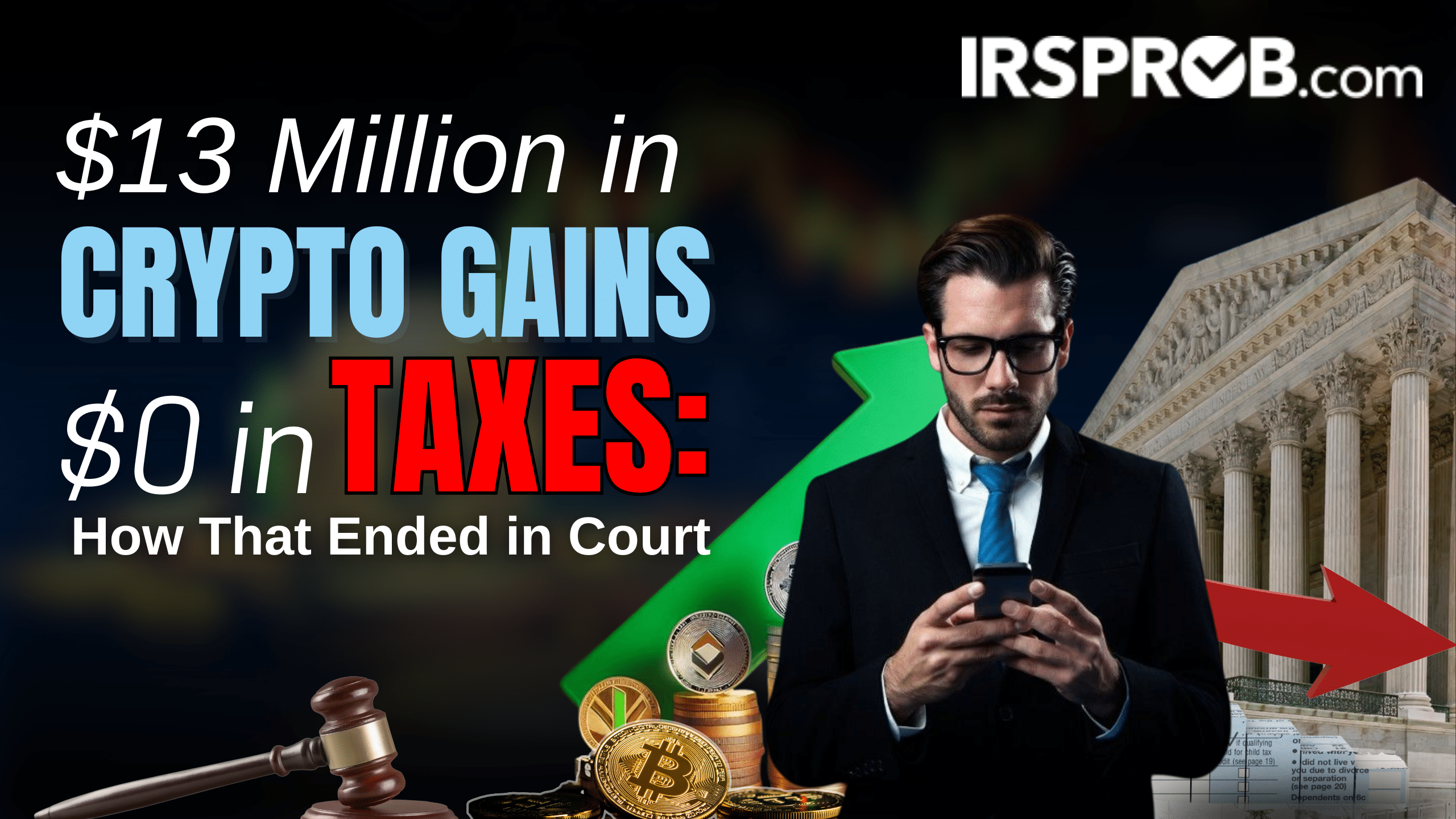
As a business owner, staying informed about the tax implications of personal transactions—like the sale of your primary residence—can be crucial. The sale of a principal residence may seem straightforward, but there are various rules and exclusions that can affect the amount of taxable gain you report. Here’s what every business owner should know to stay ahead of potential tax liabilities.
What Is a Principal Residence?
A principal residence is defined as your main home, where you ordinarily live most of the time. This can only be one property at any given time. As a business owner, you may have multiple properties for business or investment purposes, but the one that qualifies as your primary residence must meet specific criteria to take advantage of tax exclusions.
Tax Exclusion on Capital Gains
The good news is that the IRS offers a capital gains exclusion for the sale of your principal residence under certain conditions:
- Individual homeowners can exclude up to $250,000 of the gain on the sale of their home, provided:
- You owned the home for at least two years in the five-year period before the sale.
- You used the home as your primary residence for at least two years during that period.
- You have not excluded gain from another home sale in the two years before the current sale.
- Married homeowners who file jointly can exclude up to $500,000, as long as at least one spouse meets the ownership requirement and both meet the use requirement.
It’s worth noting that the two-year ownership and use periods don’t have to be continuous, and short-term absences, like vacations, still count as time spent using the home. Even if you rented out your property during an absence, the exclusion might still apply if the other criteria are satisfied.
Special Rules for Specific Situations
For business owners, certain life events or financial moves might impact how much you can exclude from the sale of your principal residence. Here are a few examples:
- Surviving spouse: A surviving spouse who does not remarry before selling a home can still claim the $500,000 exclusion if the sale occurs within two years of the spouse’s death and if the couple would have qualified for the exclusion beforehand.
- Divorce: If you transfer your home to your spouse as part of a divorce settlement, you’re considered to have owned it during the time your spouse did. This can help you qualify for the exclusion even if the home wasn’t originally titled in your name.
- Partial Exclusion: If you don’t meet the full two-year ownership or use test, you may still qualify for a partial exclusion if you sold your home due to:
- A change in employment (new work location at least 50 miles further from the home).
- Health reasons (to obtain or provide care for yourself or a family member).
- Unforeseeable events (natural disasters, divorce, or significant financial hardship).
The Impact of Vacant Land Sales
Business owners who sell vacant land adjacent to their primary residence might also qualify for tax exclusion. To do so, the sale of the vacant land must meet certain requirements, such as being part of your principal residence and sold within two years of the home sale. Only one exclusion limit ($250,000 for individuals or $500,000 for joint filers) applies to the combined sale of the home and land.
Additional Tax Considerations
Selling a principal residence can create unique tax planning opportunities for business owners. For example:
- Self-employment considerations: If part of your home is used for business (e.g., a home office), you’ll need to prorate your gain and consider depreciation recapture on the portion used for business.
- State tax laws: Some states may have additional rules or caps on how much gain can be excluded, or they might impose different filing requirements when dealing with property sales.
Proactive Tax Planning for Business Owners
As a business owner, timing your real estate transactions can be a strategic way to minimize tax liabilities. Consider working with a tax advisor to review your entire portfolio, including investment properties and business assets, to optimize both your personal and business tax situations.
Conclusion
Selling a principal residence can be financially rewarding, especially if you understand how to navigate the IRS rules on capital gains exclusions. Whether you’re a sole proprietor or managing a growing business, these tax laws can significantly impact your financial planning. If you’re considering selling your home or making any major real estate transactions, consulting with a tax professional can ensure that you’re maximizing the available tax benefits while staying compliant with IRS guidelines.
For more detailed advice specific to your situation, reach out to IRSProb.com or a trusted tax advisor to help you through the complexities of your next real estate transaction.









